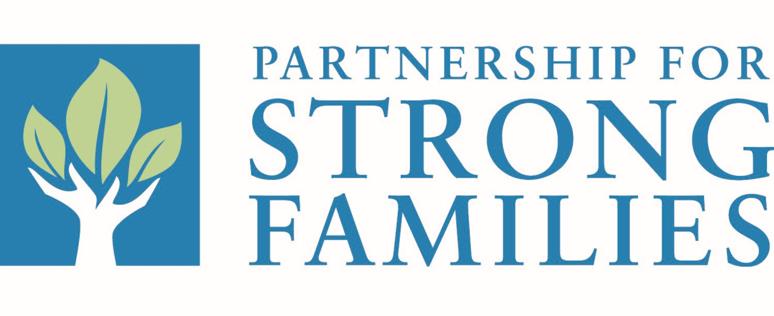ERAU Industrial Math Project: Predictive Analytics in Child Welfare
PI Mihhail Berezovski

The purpose of this project is to study the data provided by Partnership for Strong Families (PSF) and identify any factors that could lead to a child being removed from his/her home multiple times.
The Partnership for Strong Families (PSF) is a child welfare organization headquartered in Gainesville, Florida helping to serve 13 counties in northern Florida. PSF is a service provider for The Florida Department of Children and Families (DCF). DCF estimates that, within PSF’s area, approximately 45 children are removed every month from their parents’ (or guardians’) care. This is equivalent to approximately 5-6 children per 100 alleged victims of child abuse.
There is a clear need to identify, as early as possible, children who are at risk. As more data is collected, tracking methodologies need to be developed to predict the likelihood of a child entering (or reentering) the state system. The purpose of this project is to examine removals within PSF’s area over the last 7 years and to potentially identify factors that lead to a child’s re-entry into the state shelter system.
Children are removed from their parents’/guardians’ care due to verified findings of allegations called into the Hotline. Parents are given a Case Plan to complete to provide them with the tools for the children to return safely to their family home. Reunification occurs once PSF, DCF and the Court agree that the children should be safe in the home when returned.
In generic terms, we will attempt to look at children who were separated from their parents then reunified at some later point. The question is whether there are any quantifiable indicators within the case that, when assigned an unknown weight, will determine whether we can predict a child will be removed again. If there’s a relatively high likelihood of removal, then perhaps services can be provided to the family to ensure the child will be safe and not need to be removed.
This project is sponsored by ERAU Office of Undergraduate Research through IGNITE grant.
Research Dates
02/01/2018 to 05/01/2020

